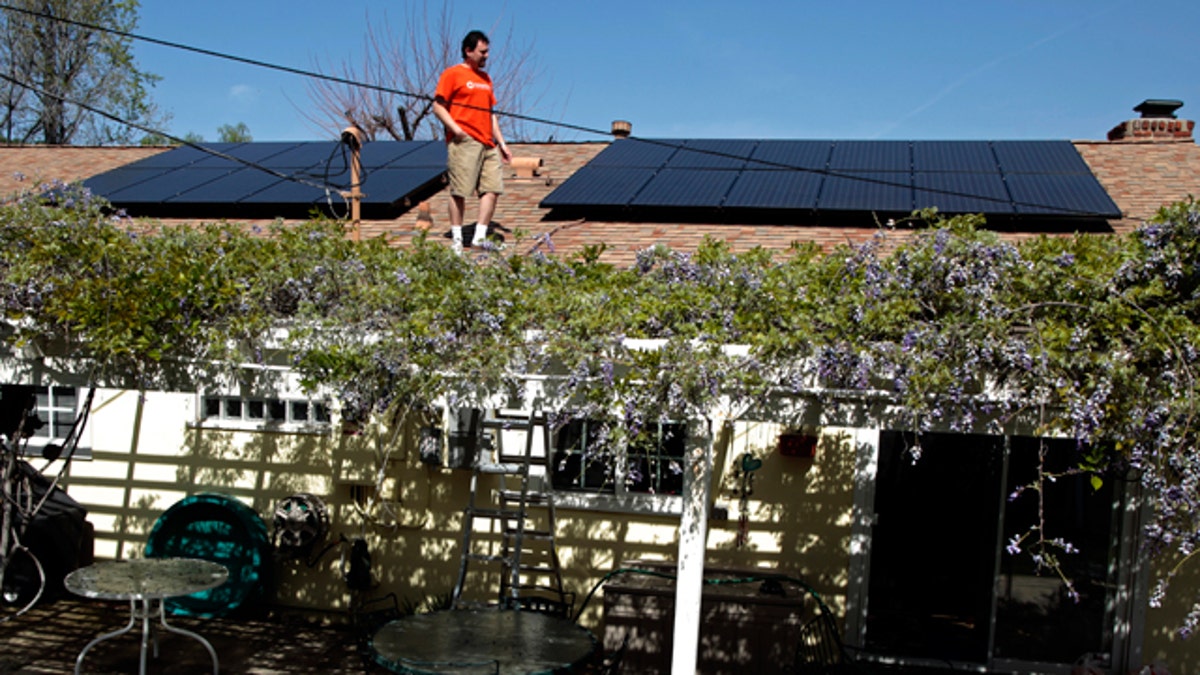
Fed up with the distractions and stress of modern life? You’re not alone. An increasing number of people are going off the grid in order to escape the pressures of 21st century living. For many, the term “going off the grid” brings to mind the image of some lone kook holed up in a cabin with an angry manifesto and a 10-year supply of freeze-dried foods. But the choice to unplug doesn’t have to be so extreme. It can mean a few simple lifestyle changes that encourage a little more self-reliance, and a little less corporate and government involvement.
Keep the Lights On
The first step in going off the grid is to cut the cord. In the past, we were wholly reliant on utility companies for power, but increasingly, home owners have the option to be more energy independent.
Solar energy, of course, is the most common source of DIY electricity. A typical solar installation could generate enough electricity to power your home and provide a little extra that you can sell back to the utility company each month. Think how good it will feel when they have to cut you a check each month, rather than the other way around.
While solar panels are a big investment, costing upwards of $20,000, many states offer hefty subsidies for this big-ticket purchase. So check to see what kind of incentives are available in your state before going solar.
If you’re not fortunate enough to live in a bright and sunny city, fear not, because now you can supplement your energy needs with an at-home wind turbine. An increasing number of companies are offering simple wind turbines that you can install on your own home. If you live in a gusty enough area, you can generate a sufficient amount energy to nearly eliminate your electrical bill.
Waste Not, Want Not
While you can replace much, and possibly all, of your energy needs, garbage is a whole other problem. Unless you just happen to have your own landfill (lucky you!), you’re going to have to rely on curbside pick-up for some of your trash. However, by getting into composting, you can greatly reduce the amount of waste you throw out and provide yourself with a steady supply of fertilizer. Many turn their noses up at composting because they think it is smelly, dirty work. The truth is, if you have a simple, $20 covered bin and you empty it on a regular basis, it’s not any more stinky than a regular garbage can.
Grow Your Own
Supplying your own food is probably the easiest way to cut the connection with modern life. Most Americans are blessed with big back yards, but many fail to take advantage of all that space. By starting a simple garden outside, or even just a small patch of greenery inside, you can slash food costs at home, especially in the summer months. And by putting your compost pile to work for you, you can ensure a rich bountiful yield.
Not everyone has a yard big enough to feed a whole family. But if you’ve got the desire to grow your own crops, check out a local land-sharing message board, which can connect you with public gardens and local land-owners looking to donate some space to the common good.
You may still think that the off-the-grid movement is merely for paranoid crazies and modern-day hippies. But keep in mind that most of these practices were a part of everyday life in America as little as a hundred years ago (well, maybe not solar power). So for those pioneers looking to return to a simpler time, maybe it’s time to cut the cord.